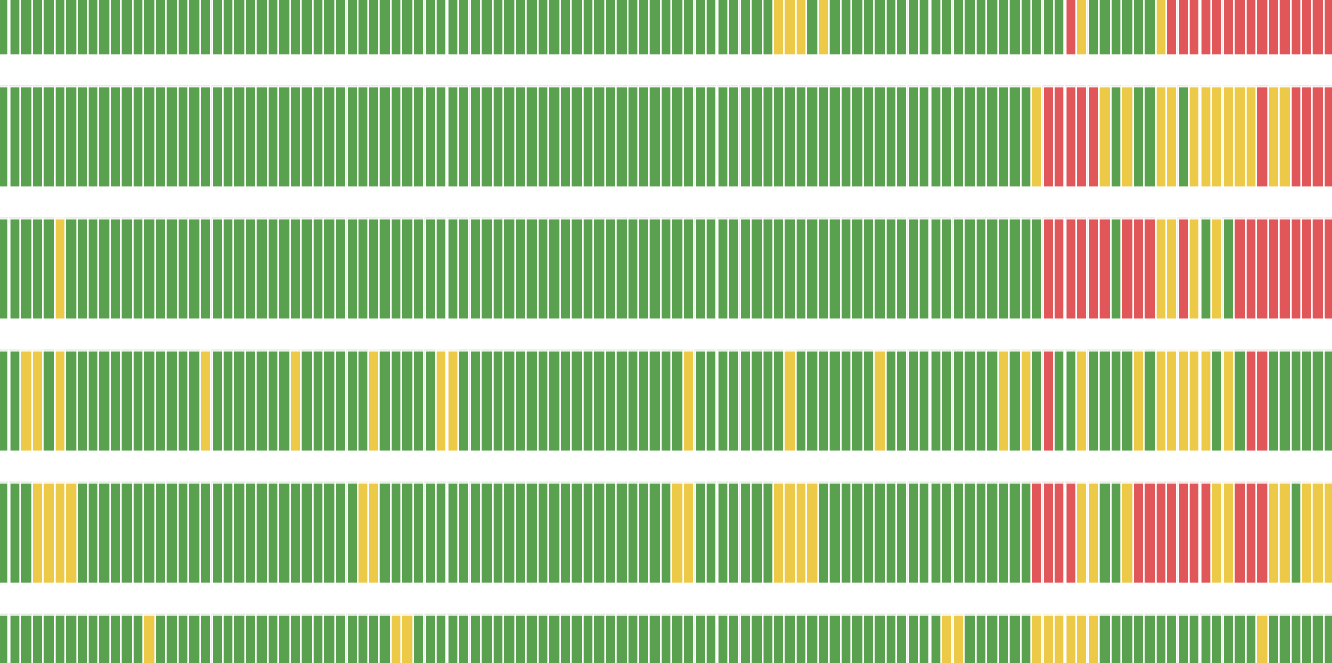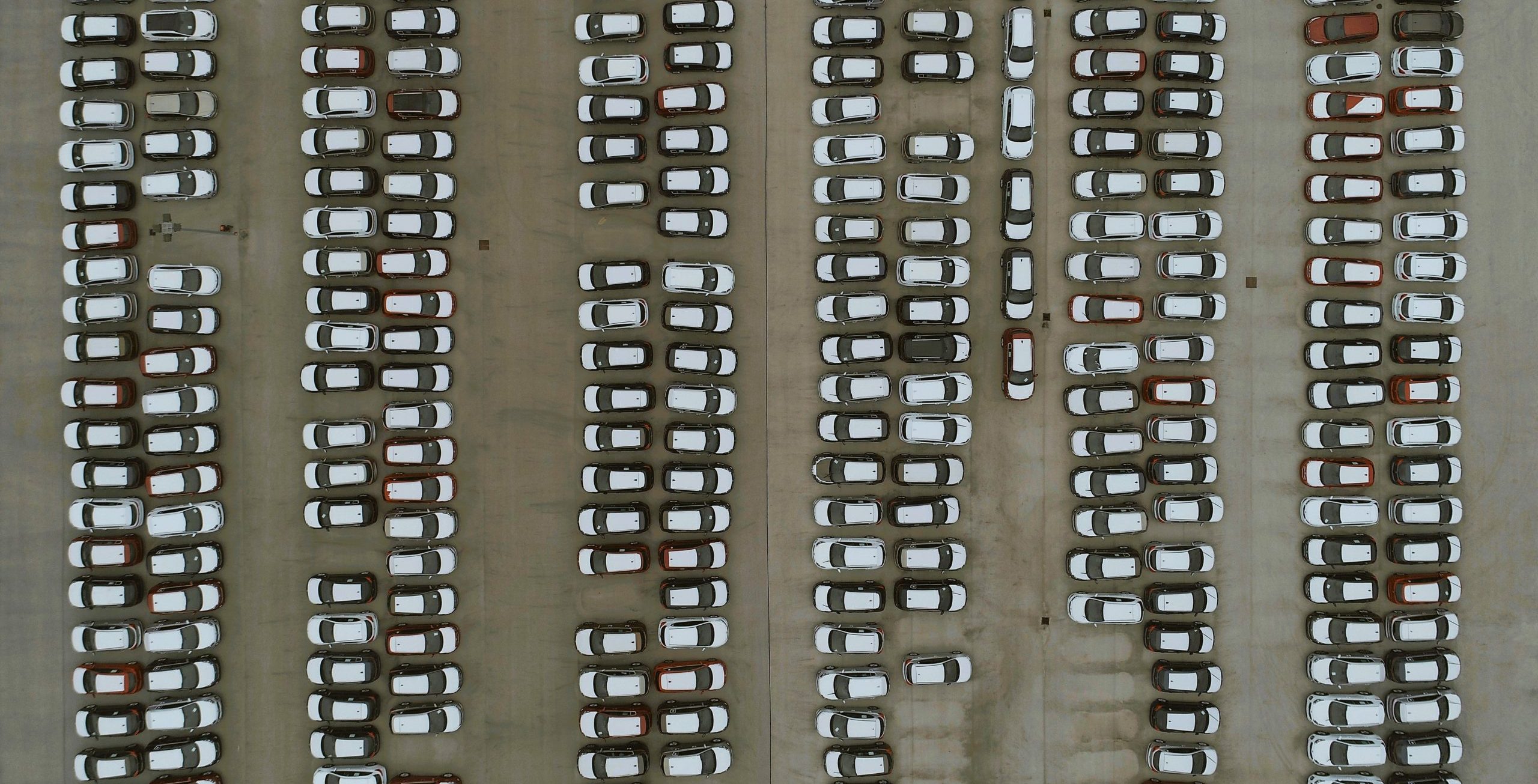Since the COVID-19 pandemic, supply bottlenecks are no longer a novelty and current geopolitical conflicts and trade wars have exposed the vulnerability of supply chains to global and regional events. In order to better quantify and analyze supply bottlenecks, the Austrian Supply Chain Pressure Index (ASCPI) was developed at the Supply Chain Intelligence Institute Austria and presented at a press conference in Linz on June 5 as part of the Austrian Logistics Day.
The aim of the ASCPI is to create an Austria-specific indicator that tracks supply chain bottlenecks in a timely manner. It is an instrument for evaluating and monitoring the level of stress currently affecting supply chains. As ASCII’s Deputy Director Klaus Friesenbichler emphasizes: “In order to deal with the effects of supply chain stress, they must first be made measurable. With the ASCPI, timely information on supply chain bottlenecks is available for Austria for the first time.”
About the methodology
The ASCPI presents supply-side bottlenecks to which Austrian companies are exposed in one key figure. It is updated monthly and can be viewed here on the ASCII website. The data presented goes back to 2006. Ten sub-indicators (five indicators from Austrian company surveys and five global transport cost indicators) are used, adjusted for demand.
Potential findings
“An analysis of previous data shows that an increase in supply chain pressure leads to a rapid and sharp rise in producer prices, which then feeds through to consumer prices. At the same time, industrial production and gross domestic product are dampened,” says Friesenbichler. The latest inflationary pressure is also closely linked to tensions in cross-border supply chains.
The index is intended to provide political and economic decision-makers with guidance. It also aims to help put the discussion about more sustainable and resilient supply chains in Central Europe on a rational basis.



